Herbs That Make Great Companions For Peas
Herbs That Make Great Companions for Peas
Peas are a delicious and nutritious vegetable that can be grown in many different climates. They are also relatively easy to care for, making them a good choice for beginner gardeners.
One of the best ways to ensure a successful pea harvest is to plant them with compatible companion plants. Companion planting is the practice of planting different types of plants together that benefit each other in some way. There are many different herbs that make great companions for peas, and in this blog post, we will discuss some of the most beneficial ones.
Benefits of Companion Planting
There are many benefits to companion planting, including:
- Attracting beneficial insects. Many herbs have strong scents that attract beneficial insects, such as ladybugs and lacewings, which help to control pests.
- Repelling pests. Some herbs have scents that repel pests, such as mint and basil, which can help to keep your pea plants healthy.
- Improving soil quality. Some herbs, such as peas, are nitrogen-fixing plants, which means they add nitrogen to the soil. This can benefit other plants in your garden.
- Providing shade. Some herbs, such as mint and parsley, can provide shade for pea plants, which can help to protect them from the sun.
- Distracting pests. Some herbs, such as cilantro, have scents that are attractive to pests, which can help to divert pests away from your pea plants.
Herbs That Make Great Companions for Peas
Here are some of the best herbs to plant with peas:
- Basil. Basil has a strong scent that repels thrips, a common pest of pea plants. It also attracts pollinators, which help to fertilize the pea flowers.
- Cilantro. Cilantro has a strong scent that repels aphids, another common pest of pea plants. It also helps to improve the flavor of peas.
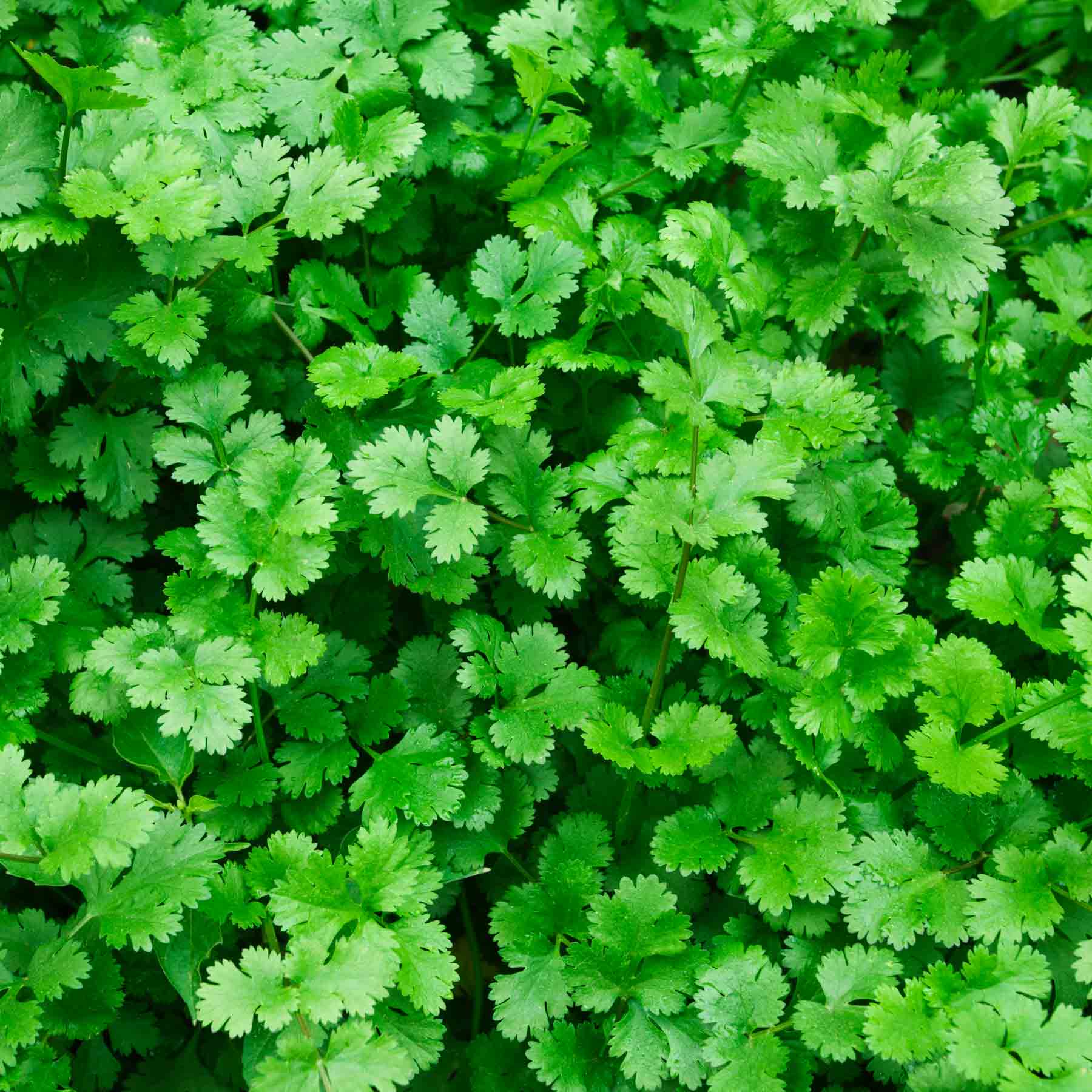
- Mint. Mint has a strong scent that repels a variety of pests, including aphids, ants, and mosquitoes. It also helps to keep the soil cool and moist, which is beneficial for pea plants.
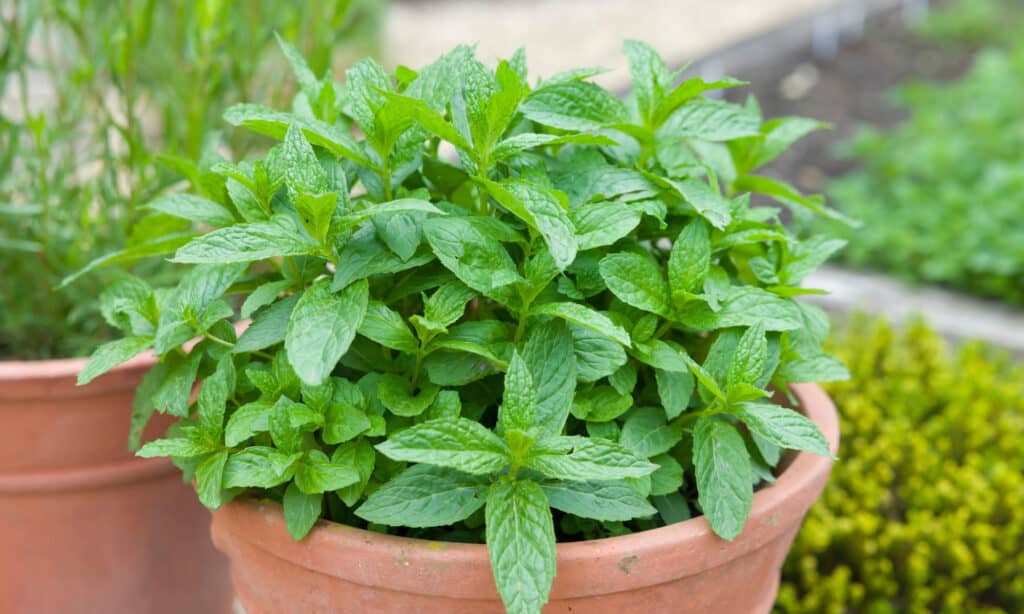
- Parsley. Parsley is a good companion plant for peas because it helps to attract pollinators and improve the flavor of peas. It also helps to deter pests, such as slugs and snails.
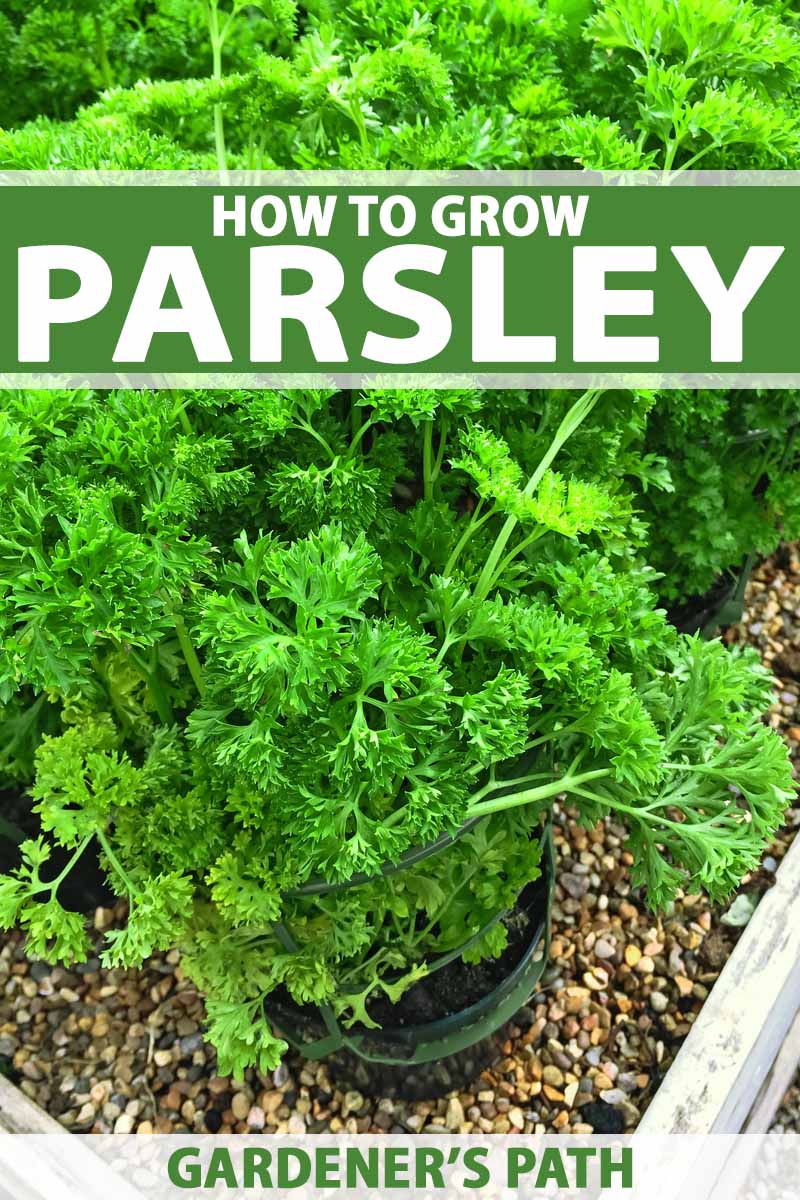
- Rosemary. Rosemary has a strong scent that repels cabbage moths, a common pest of pea plants. It also helps to improve the flavor of peas.

- Sage. Sage has a strong scent that repels a variety of pests, including cabbage moths, aphids, and whiteflies. It also helps to improve the flavor of peas.

- Thyme. Thyme has a strong scent that repels a variety of pests, including aphids, ants, and cabbage moths. It also helps to improve the flavor of peas.
How to Plant Herbs with Peas
When planting herbs with peas, it is important to consider the size and growth habit of the herbs. Some herbs, such as mint, can be very invasive and should be planted in their own container or bed. Other herbs, such as basil, can be planted directly in the ground with the peas.
When planting herbs with peas, it is also important to consider the spacing requirements of the herbs. Some herbs, such as cilantro, need to be spaced close together, while other herbs, such as rosemary, need more space.
Conclusion
Planting herbs with peas is a great way to improve the health and productivity of your pea plants. By choosing compatible herbs and planting them in the right way, you can enjoy a bountiful harvest of delicious peas.
Peas are a delicious and versatile vegetable that can be enjoyed in many different ways. But did you know that there are certain herbs that can help peas grow better and taste even better?
Some of the best companion herbs for peas include:
- Basil: Basil is known for its insect-repelling properties, which can help protect peas from pests like aphids and thrips. It also enhances the flavor of peas, making them taste even sweeter. Gardenia Inspiration
- Cilantro: Cilantro is another herb that can help deter pests from peas. It also helps to improve the nitrogen levels in the soil, which can benefit pea plants.
- Mint: Mint is a fragrant herb that can help to repel pests and attract beneficial insects to the garden. It can also help to improve the flavor of peas.
- Marjoram: Marjoram is a herb that can help to improve the germination rate of pea seeds and the overall growth of pea plants. It also helps to repel pests and attract beneficial insects.
- Onions: Onions can help to repel aphids and other pests from pea plants. They can also help to improve the flavor of peas.
If you're looking to grow the best possible pea plants, I recommend planting them near some of these companion herbs. You can find more information about companion planting for peas [at this website address].
FAQ of companion herbs for peas
Q: What are some good companion herbs for peas?
A: There are many good companion herbs for peas, but some of the most popular include:
- Basil: Basil deters thrips, which can damage pea plants. It also attracts pollinators, which help peas to produce more fruit.
- Cilantro: Cilantro helps to improve the flavor of peas and can also deter pests.

- Mint: Mint deters aphids, ants, and other pests that can damage pea plants. It also helps to repel rabbits and rodents.

- Onion: Onions release sulfur compounds that can help to deter pests, such as aphids and cabbage moths.

- Sage: Sage helps to repel cabbage moths and other pests. It also improves the flavor of peas.

Q: Why are companion herbs important for peas?
A: Companion herbs can provide a number of benefits for peas, including:
- Attracting pollinators: Pollinators, such as bees and butterflies, help peas to produce more fruit. Companion herbs that attract pollinators can help to improve the pea harvest.
- Deterrent pests: Companion herbs can deter pests that can damage pea plants, such as aphids, cabbage moths, and rabbits. This can help to protect pea plants and improve their yields.
- Improving soil quality: Companion herbs can help to improve the soil quality around pea plants, making it more fertile and easier for the plants to grow. This can lead to healthier and more productive pea plants.
- Disrupting the lifecycle of pests: Some companion herbs can disrupt the lifecycle of pests, making it more difficult for them to damage pea plants. For example, marigolds release a chemical that can kill the eggs of nematodes, which are pests that can damage pea roots.
Q: How far apart should I plant peas and companion herbs?
A: The distance at which you plant peas and companion herbs will depend on the specific herbs you are planting. Some herbs, such as mint, can be invasive and should be planted at least 12 inches away from other plants. Other herbs, such as basil, can be planted closer together.
Q: What are some common mistakes to avoid when planting peas with companion herbs?
A: Some common mistakes to avoid when planting peas with companion herbs include:
- Planting incompatible herbs together. Some herbs, such as onions and garlic, can stunt the growth of peas.
- Planting too many herbs together. Too many herbs in one area can compete for resources, such as sunlight and water.
- Not spacing the herbs properly. As mentioned above, some herbs, such as mint, can be invasive and should be planted at least 12 inches away from other plants.
- Not watering the herbs properly. All herbs need regular watering, but some herbs, such as basil, need more water than others.
Q: What are some other benefits of companion planting?
A: Companion planting can offer a number of benefits beyond simply protecting pea plants from pests. For example, companion planting can:
- Improve soil quality
- Attract beneficial insects
- Repel harmful insects
- Provide shade and wind protection
- Diversify your garden
- Save space
Image of companion herbs for peas
- Basil: Basil is a great companion for peas because it helps to repel pests such as aphids and whiteflies. It also helps to improve the flavor of peas.
- Chives: Chives are another good companion for peas. They help to repel pests and also improve the flavor of peas.
- Cilantro: Cilantro is a good companion for peas because it helps to attract beneficial insects such as ladybugs and hoverflies. These insects help to control pests that can damage peas.
- Mint: Mint is a good companion for peas because it helps to repel pests such as ants and mosquitoes. It also helps to improve the flavor of peas.
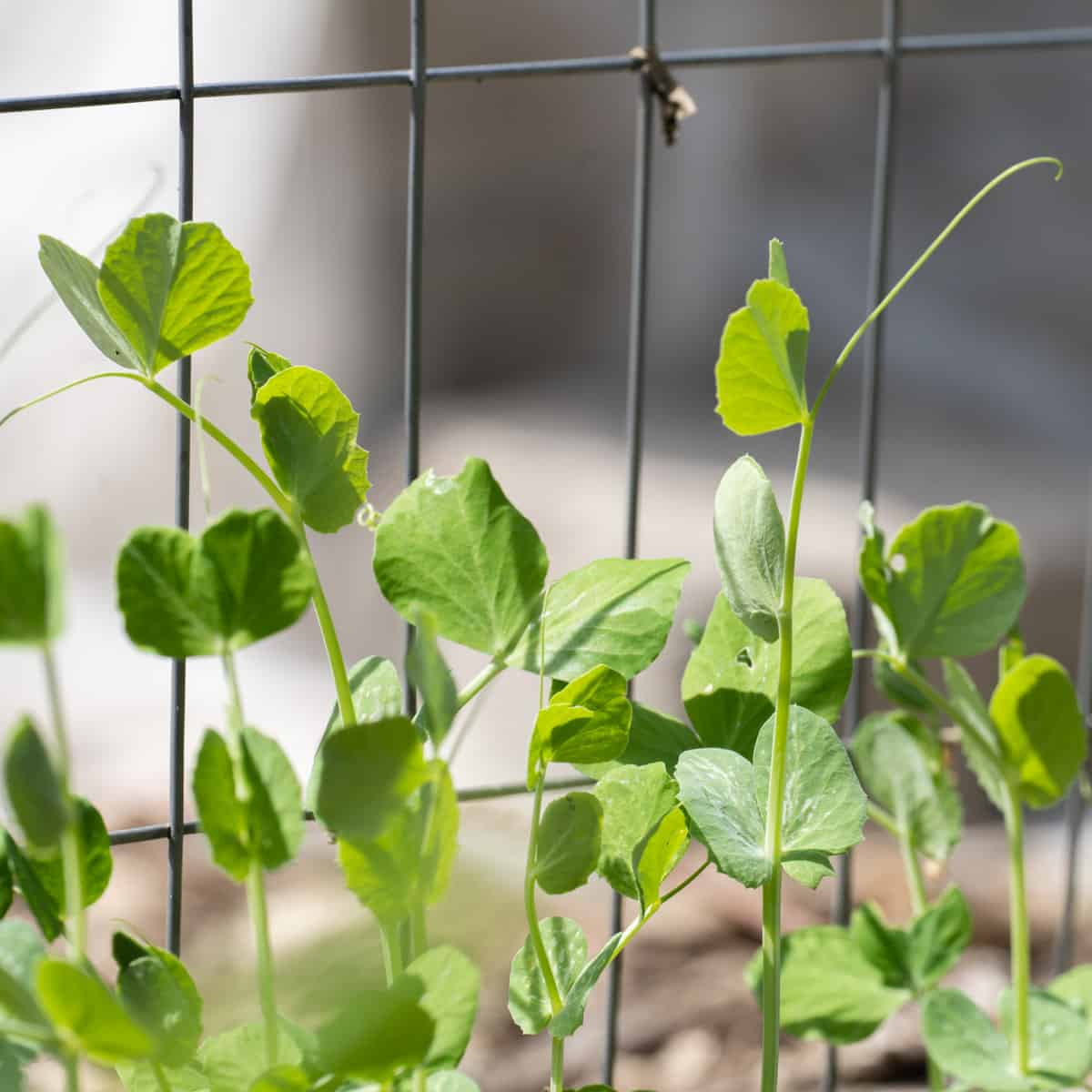
- Rosemary: Rosemary is a good companion for peas because it helps to repel pests such as cabbage moths and carrot flies. It also helps to improve the flavor of peas.
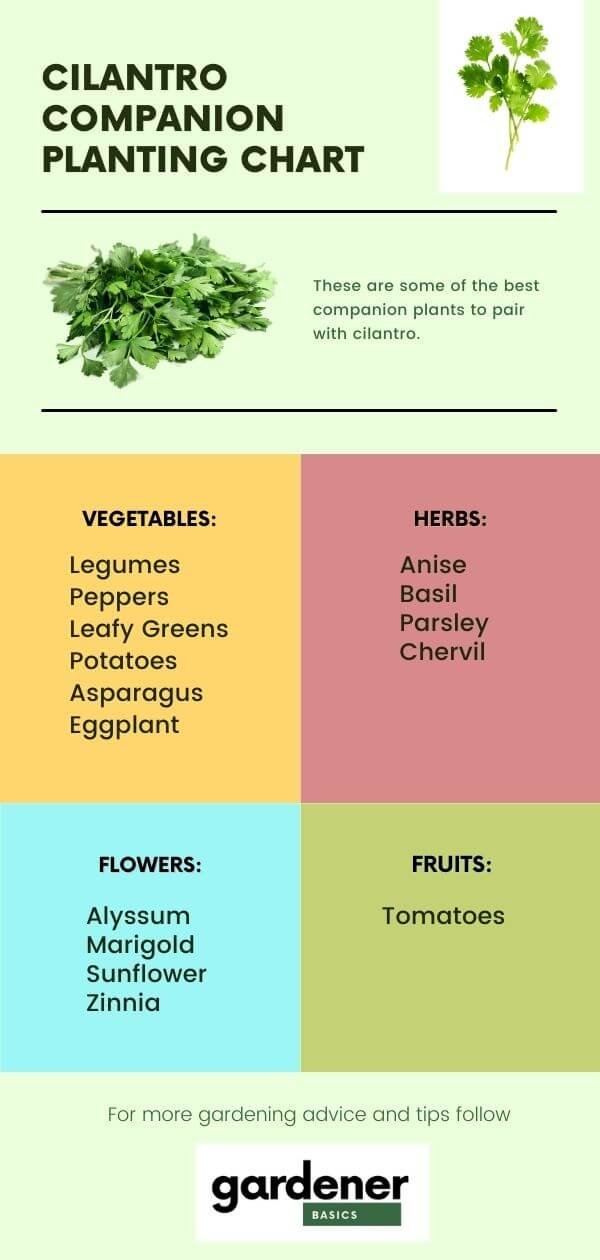
Post a Comment for " Herbs That Make Great Companions For Peas"